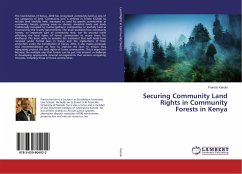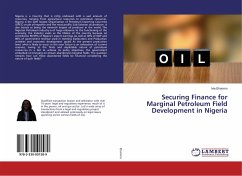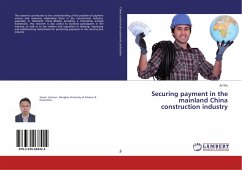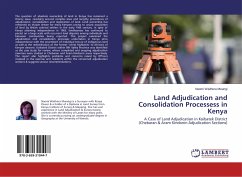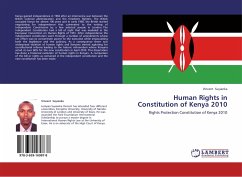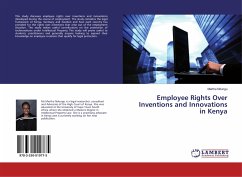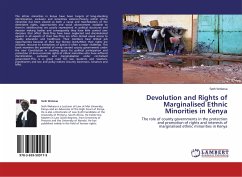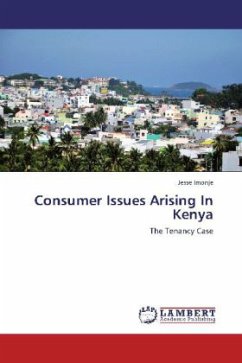The Constitution of Kenya, 2010 has recognized community land as one of the categories of land. Community land is defined in Article 63(2)(d) to include land lawfully held, managed or used by specific communities as community forests, grazing areas or shrines; ancestral lands and lands traditionally occupied by hunter-gatherer communities or lawfully held as trust land by the county governments. The book examines how community forests, an important part of community land, can be secured while affording the land rights of forest communities to access them for livelihood. The book seeks to examine the treatment that such lands have received under formal laws in Kenya and the implications of their protection under the Constitution of Kenya, 2010. It also makes proposals and recommendations on how to improve the laws to ensure they adequately protect the land rights of forest communities. This is important because the multiple uses that forests can be put into present a challenge in developing appropriate tenurial arrangements that secures competing interests, including those of forest communities.
Bitte wählen Sie Ihr Anliegen aus.
Rechnungen
Retourenschein anfordern
Bestellstatus
Storno

